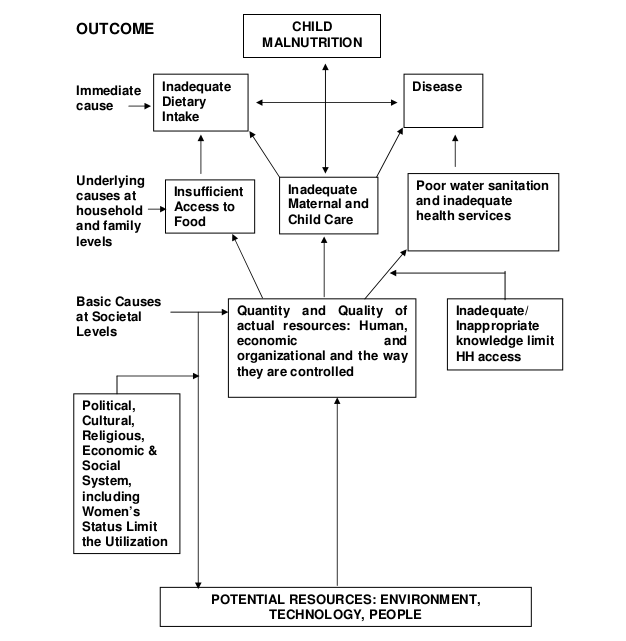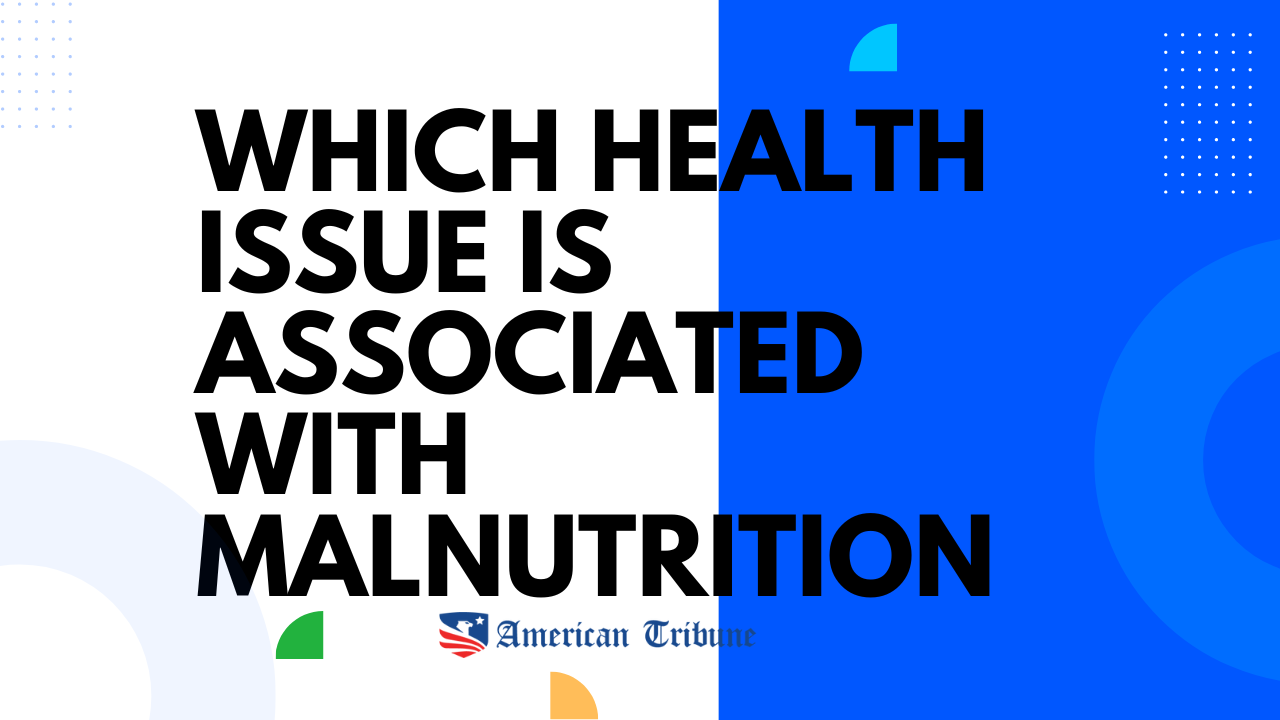Malnutrition is a severe health issue when the body does not receive the proper nutrients it needs to function correctly. It can affect people of all ages, but it is especially prevalent in children under five and pregnant or breastfeeding women. Malnutrition can lead to various health problems, including impaired growth and development, weakened immune system, anemia, and even death. In this blog, we will take a closer look at the health issues associated with malnutrition.

Undernutrition
Undernutrition occurs when the body does not receive enough nutrients, calories, or protein. It can lead to a range of health issues, including:
Stunted growth and development: Children who suffer from undernutrition may experience impaired growth and development, both physically and mentally. This can lead to permanent damage and a decreased ability to learn.
Weakened immune system: Malnutrition weakens the immune system, making it more difficult for the body to fight infections and diseases. Children who are malnourished are more susceptible to conditions such as diarrhea, pneumonia, and measles, which can be fatal if left untreated.
Anemia: Malnutrition can also lead to anemia, a condition in which the body has a shortage of red blood cells. Anemia can cause fatigue, weakness, and shortness of breath, leading to more serious health issues if left untreated.
Increased risk of death: In severe cases, malnutrition can lead to death. Children who are severely malnourished may experience wasting, a condition in which they lose muscle and fat mass and become severely underweight.
Micronutrient deficiencies
Micronutrients, such as vitamins and minerals, are essential for maintaining good health. However, malnutrition can lead to deficiencies in these nutrients, which can cause a range of health problems, including:
Vitamin A deficiency is essential for healthy eyesight and a strong immune system. Vitamin A deficiency can lead to night blindness, an increased risk of infection, and even blindness.
Iron deficiency: Iron is essential for producing hemoglobin, a protein in red blood cells that carries oxygen throughout the body. Iron deficiencies can lead to anemia, fatigue, weakness, and shortness of breath.
Iodine deficiency: Iodine is essential for producing thyroid hormones necessary for regulating metabolism. Iodine deficiencies can lead to goiter and an enlarged thyroid gland and cause mental impairment and developmental delays in children.
Zinc deficiency: Zinc is essential for a healthy immune system and for proper growth and development. Zinc deficiency can lead to impaired growth, delayed sexual maturation, and increased susceptibility to infections.
Overnutrition
Overnutrition occurs when the body receives too many calories or nutrients, leading to weight gain and health problems. Overnutrition can lead to obesity, which is associated with a range of health problems, including:
Type 2 diabetes: Obesity is a significant risk factor for type 2 diabetes, a condition in which the body cannot regulate blood sugar levels properly. Type 2 diabetes can lead to various health problems, including nerve damage, kidney damage, and vision loss.
Heart disease: Obesity is a significant risk factor for heart disease, the leading cause of death worldwide. Obesity increases the risk of high blood pressure, high cholesterol, and heart attack.
Cancer: Obesity is also associated with an increased risk of certain types of cancer, including breast cancer, colon cancer, and pancreatic cancer.
Conclusion
Malnutrition is a severe health issue that can lead to various health problems, including impaired growth and development, weakened immune system, anemia, and even death. It is essential to ensure that people have access to a balanced diet that provides all nutrients.


